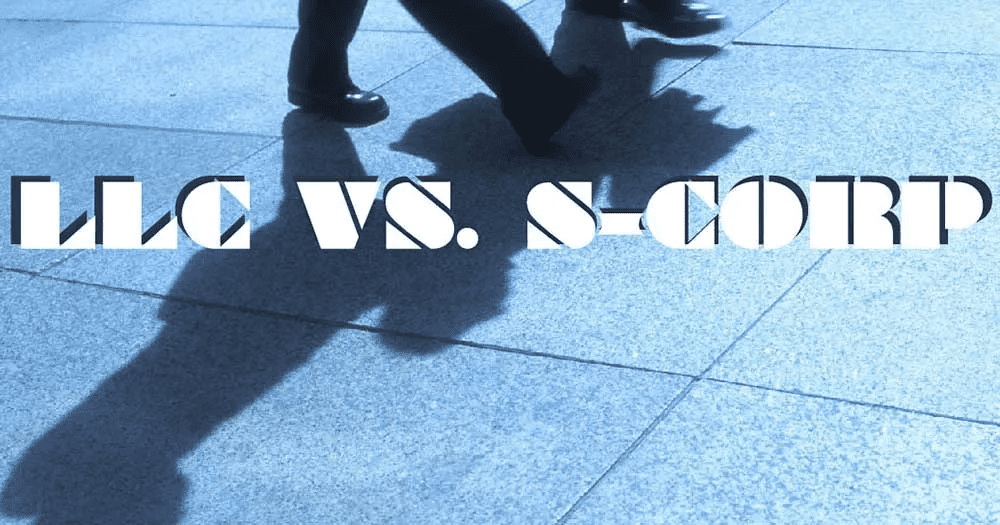When you’re starting a business, there are a lot of things to consider. One of the most important decisions you’ll make is choosing the legal structure of your business. That’s why we’re breaking down the difference between an LLC and an S corp. We’ll also explore the pros and cons of each type of business entity to help you decide which one is right for your needs.
What is an LLC?
An LLC, or limited liability company, is a type of business entity that offers its owners limited liability protection. This means that if your LLC is sued or incurs debt, your personal assets will not be at risk. LLCs can be either “single-member” or “multi-member”, meaning they can be owned by one person or by multiple people. Multi-member LLCs must file taxes as a partnership. While single-member LLCs can choose to be taxed as either a sole proprietorship or a corporation.
What is an S Corp?
An S corp, or S corporation, is a type of business entity that offers its owners pass-through taxation. This means that the business itself does not pay taxes on its profits. Instead, the profits “pass through” to the owners and are taxed at the individual level. S corps are subject to certain restrictions, such as having no more than 100 shareholders and only one class of stock.
LLC vs S Corp: Pros and Cons
Now that we’ve explored the basics of each type of business entity, let’s take a look at some of the pros and cons of each:
LLC Pros:
- LLCs offer flexibility in how they can be taxed and how profits are distributed
- LLCs offer personal asset protection to their owners
- There is less paperwork and compliance required for LLCs than for corporations
- LLCs can be operated with just one owner
- LLCs can be owned by US or non-US persons, other LLCs, Corporations, or Partnerships
S Corp Pros:
- S corps offer pass-through taxation, which can save money on taxes
- S corps tend to be more attractive to investors than LLCs
- The corporate structure of an S corp can make businesses seem more formal and professional
- You can limit self-employment tax on S corp shareholders by paying them lower salaries
- S corps can only be owned by US persons or legal residents, no ownership by LLCs, corporations, non-US persons, or partnerships
Conclusion:
So, which type of business entity is right for your needs? Ultimately, this decision comes down to a few factors: the size and scope of your business, your long-term goals for the company, and your personal preferences. If you’re still unsure, we recommend consulting with a lawyer or accountant who can help you weigh your options and make the best decision for your specific situation.






